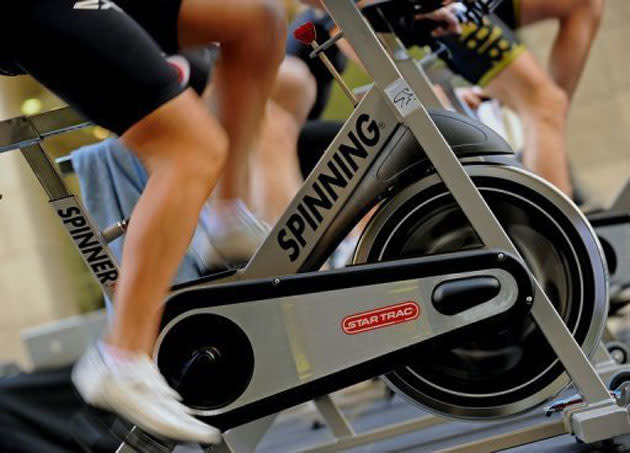 Fit to Post Health
Fit to Post HealthShould you exercise less?

While lack of exercise is a big problem for most people, there are times when my team and I have to make the decision to "dial down" the amount of exercise a person should be doing for various reasons. While this might sound a bit "weird" coming from a person who believes in the multiple benefits of physical activity, here are some situations where cutting down on exercise can give you more benefits in the bigger picture.
1. When you are under a heavy stress burden
High levels of chronic stress are quite a problem in Singapore. Sometimes we see a client who is under a high stress load for a period of time e.g. lots of international travel, high exposure to pollutants/toxins, family/emotional/relational crisis, chronic illness, or a combination of factors like these.
In this case we actually want to cut down on the amount of training he or she is given.
Exercise is an additional stress on the body. Even though it is usually a good stress or "eustress" as the Greeks put it, under this condition, that may be too much and hinder recovery and progress. In fact excess stress increases fat storage especially on the stomach area.
This does not mean lower the weights, or the difficulty. Rather, we usually cut down on the total "volume" of training, that means short sessions of maybe 30 mins. instead of 60 mins.
2. When you are recovering from injury
Sadly, many people use injury or pain as a reason to stop training altogether.
Stop doing this.
For example if a soccer player strains a knee, naturally he should not be jumping and sprinting on that knee, and he should see a rehab specialist to help get the knee sorted out quickly.
Meanwhile... he has many other joints to move and train.
He should train the opposite leg because there is a well studied mind-body connection that will reduce the function loss of the injured limb if you train the opposite one.
Also, he must continue training every other joint. Strength training has a "whole body" effect on your hormones, and the hormones that help recovery from training are the same ones which aid recovery from injury.
Both these factors speed up overall recovery time.
3. When you are recovering from illness
Illness is similar to point 1 about stress. It is an additional load on the body. Once you are well enough (no high fever, no dizziness etc), get back to light activity ASAP. This is because, once again, the overall body response to exercise is immune system boosting aiding recovery from your illness. It also has a positive psychological effect which can help counteract the negative emotions usually linked to physical illness.
However, as with point 1, keep the sessions short at first. Long, moderately intense sessions (more than 90 mins) have a negative effect on immunity as seen in this study. I would keep sessions to 30 mins of strength training, with slightly longer than usual breaks during the session.
In conclusion, remember the latin phrase (and use it to impress your friends) - "Vis medicatrix naturae" - this means to support the fundamentals of health, and promote/stimulate the natural, self-healing process. Following the ideas given above, you will be able to do this!
Coach Jonathan Wong is a respected health professional. He is also the Founder and CEO of Genesis Gym Singapore, which aims to provide the best personal training and fitness services in Singapore.

